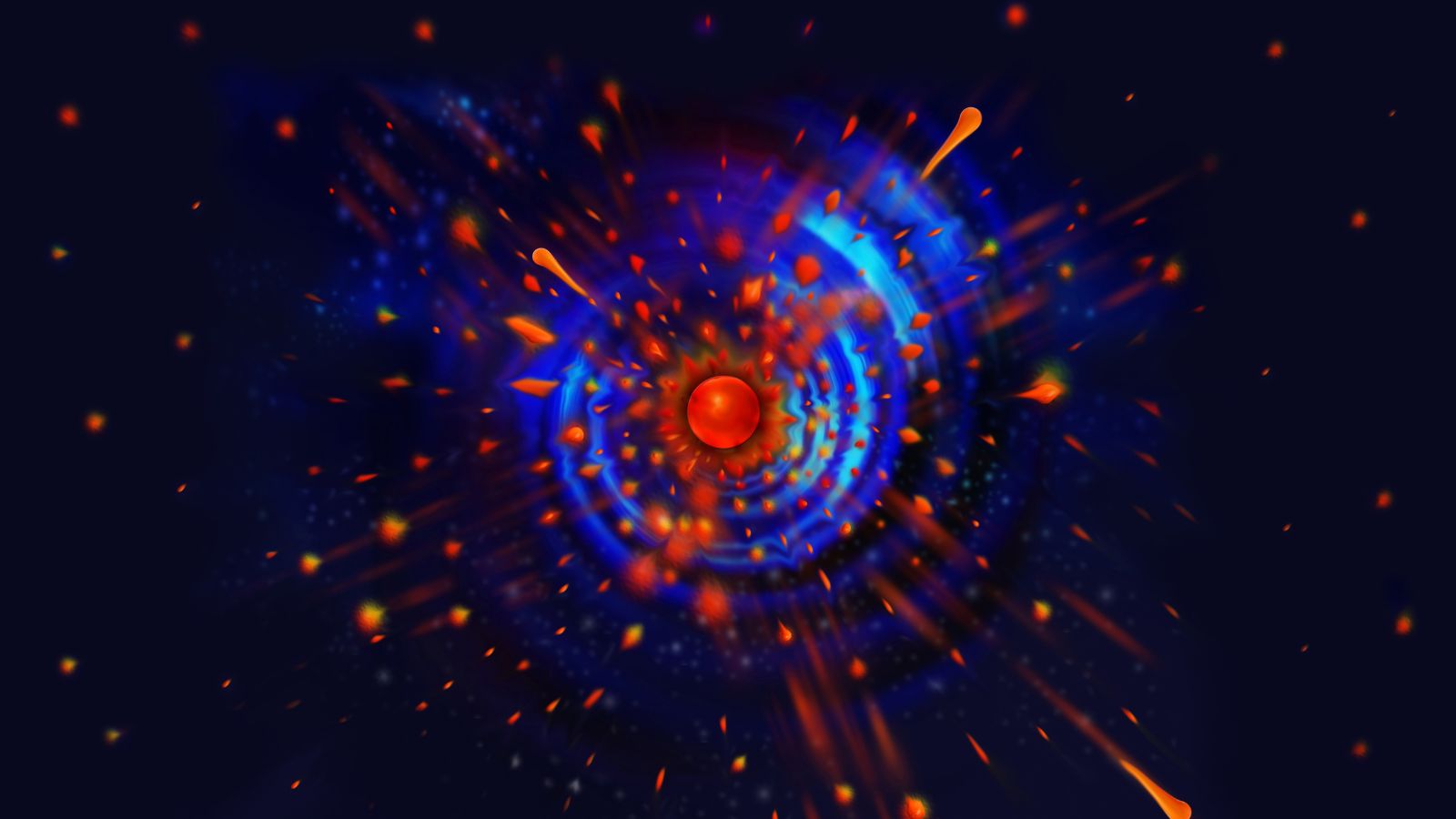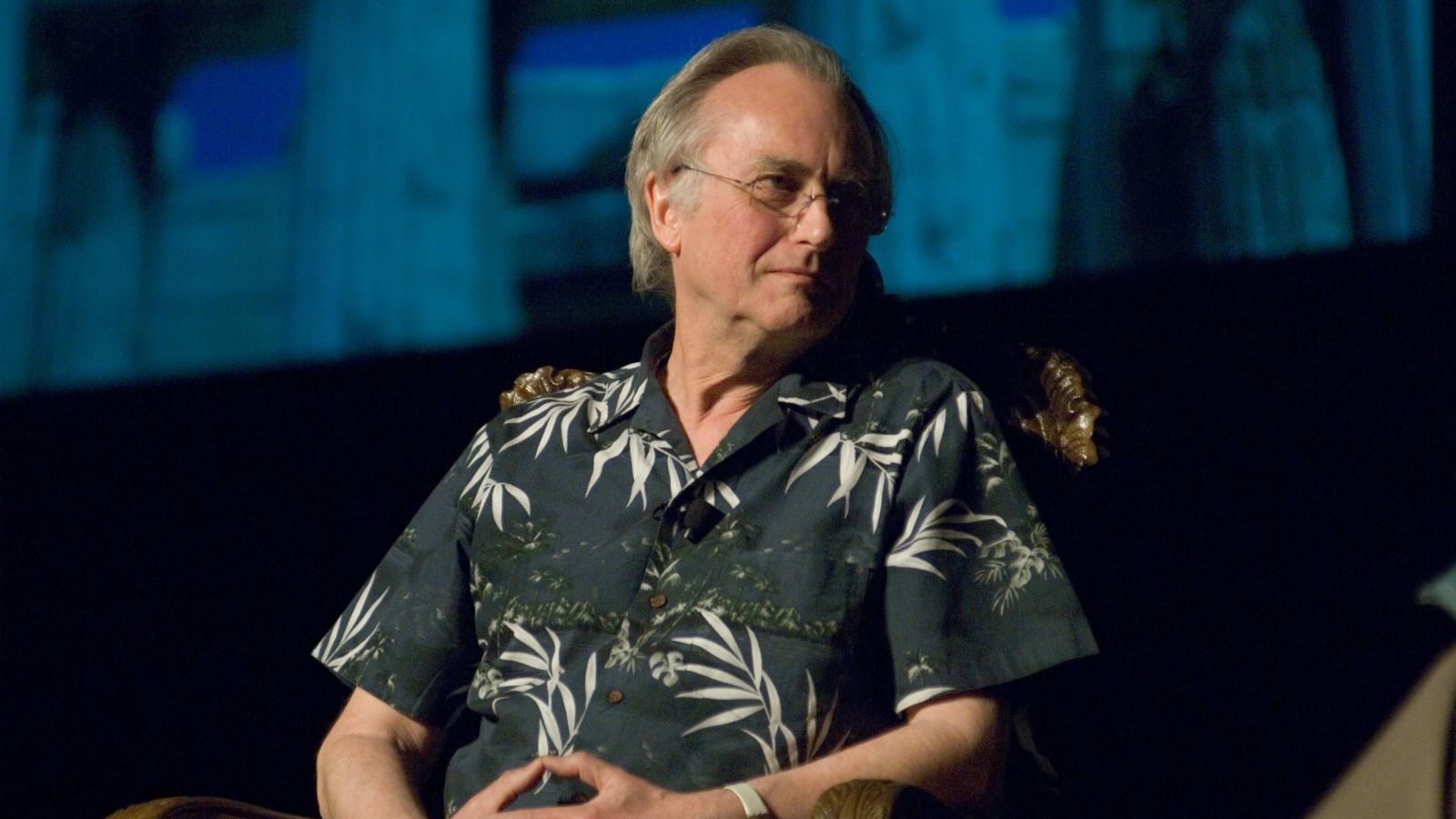Atheism, defined as the absence of belief in a God or gods, is a perspective that is increasingly gaining traction around the world. As scientific advancements provide logical, evidence-based explanations for many of humanity’s questions, more people are shifting away from faith-based doctrines.
Atheists Don’t Believe in Karma

Non-believers don’t think that their “sinful” behavior will earn them eternal damnation in a fictional land of punishment, like Hell. But that doesn’t mean they don’t think people should be punished or that poor behavior has no repercussions. Although they don’t believe in divine “smiting,” they do think that bad people should, and will, face negative consequences in life.
Atheists Indulge in Vice

This stereotype conveniently paints atheists as hedonistic rule-breakers who’ve abandoned the shackles of religion so they can indulge in forbidden vices. Yet, according to The University of Connecticut, “Data from the Federal Bureau of Prisons suggest that atheists are far less likely to commit crimes than religious people.” This may be because atheists tend to be more empathic and intelligent.
Atheists Fear Death

People of all faiths and lifestyles fear the unknown, and death (with or without an afterlife) is a big question mark. Yet many non-believers are comforted by the knowledge that the life they live is all there is, and they should make it as valuable and enjoyable as possible. Many see death as equal to the non-existence they experienced before birth and will only impact those left behind.
Atheists Are All Scientists

While many scientists are atheists due to their intelligence and logical thought patterns, not all non-believers base their worldviews on experimentation and other scientific methods. People from all walks of life, including artists, teachers, entrepreneurs, and stay-at-home parents, can be atheists. Sometimes, disillusionment and hypocrisy are the driving forces, not critical thought.
Atheists Are Angry at God

This misconception pops up frequently but doesn’t make sense—how can you be angry at something fictional? It’s like saying that adults don’t believe in Santa Claus because they’re angry he doesn’t bring them presents anymore. Their criticism of religion typically stems from other factors, such as a dislike for prejudice, religious hypocrisy, and the nonsensical nature of religious texts.
Atheists Don’t Have Morals

Yahoo News states, “Religious people do not behave more morally than atheists, although they often say (and likely believe) that they do.” Religious “morality” cannot explain faith-based discrimination (like homophobia), either. The truth is that being a good person because you fear punishment makes you less moral than someone who acts benevolently because they don’t want to hurt others.
Atheism Is a “Phase”

This assumption dismisses Atheism as a temporary, youthful rebellion but fails to acknowledge the fundamental factors involved, like scientific discovery and independent thought. Atheism is an evidence-based worldview held by people of all ages and backgrounds. Not all atheists are teenagers questioning their strict parents’ faith—many have merely reached a logical conclusion.
Atheists Have No Purpose in Life

While many theists claim religion gives their life “meaning,” atheists don’t require faith to feel purposeful or fulfilled. Atheists take great satisfaction in their loved ones, the natural world, scientific enlightenment, creative pursuits, philanthropy, and career progression—to name a few! Having goals and values doesn’t require belief in a higher being and isn’t reserved for religious people.
Atheists Secretly Want to Believe

The Decision Lab maintains that devout people often exhibit something called “belief perseverance,” dismissing a fact, even with evidence, because it contradicts a core aspect of their psyche. They frequently apply this to Atheism as blanket denial, but this is ignorant and inaccurate—many atheists dismiss religion based on their honest feelings and intellectual consideration.
Atheists Need Conversion

An atheist’s decision to reject religious doctrines is personal and powerful, and they are unlikely to be amenable to conversion to any religion or cult. Religious people might feel a need to spread their faith and “save” others, but preaching to atheists often has the opposite effect and merely highlights the aggressive, self-obsessed stupidity of dogged faith.
Atheists Are All Materialistic

This stereotype assumes atheists only care about material possessions and guilty pleasures because they aren’t spiritual. This fails to understand the depth of emotion and connection non-believers can feel in their relationships or as part of the living universe. Just because they don’t believe a God created the world doesn’t mean they see no love or wonder in it!
Atheists Are Close-Minded

Atheism is a conclusion based on several factors, primarily a lack of convincing evidence for the existence of a divine being. By the very nature of their thought processes, many atheists are open to new information and are willing to change their minds if presented with compelling arguments. However, they won’t be swayed by emotional appeals or personal tales.
Atheists Hate Religion

Disagreement doesn’t equal hatred, although it is common for atheists to bemoan the negative impacts of extreme or strict religious beliefs, such as war, female suppression, hate, and social discrimination. Despite such adverse effects, many atheists don’t hold the average religious person responsible, and many view faith as irrelevant to their lives and choose to focus on other things.
Atheists Are All the Same

Because Atheism doesn’t have a central figure or universal doctrine, American Atheists claim non-believers frequently disagree on a vast range of political and social issues. Their tendency to be independent, critical, and progressive thinkers means they often have different worldviews and are not magically united by their disbelief in a divine being.
Atheists Are a Threat to Society

A lack of faith does not promote violence or immorality; in fact, atheist societies boast low crime rates and high levels of respect for others. As previously discussed, personal morality is often stronger and less selfish than religious, fear-based adherence to social rules. Atheists are typically more law-abiding and ethical than religious people, especially religious extremists.
Atheists Can’t Explain the Universe’s Origin

It’s true that science does not yet offer all the answers, and “The Big Bang” theory is just that—a theory. However, this hypothesis is based on empirical evidence and experimentation, not on an ancient book that was written by uninformed people who didn’t know where the sun went at night! Many atheists are comfortable and open about the fact they don’t have all the answers.
Atheism is Sad and Empty

Contrary to what devout people may say, you don’t need God or faith to be happy and fulfilled. While depression and hopelessness do affect all humankind, many atheists lead rich, meaningful lives filled with love, laughter, and purpose. They find joy in many of the things that believers do; they simply don’t require an afterlife or divine judgment to live well.
Atheism is a New Phenomenon

Atheism has existed throughout human history, and the first written texts supporting it were penned before the birth of Christ. The New Statesman writes that the Roman philosopher Lucretius was a non-believer and that the concept of faithlessness is as old as faith itself. Many ancient intellectuals questioned the existence of God.
Atheists Admire Richard Dawkins

Richard Dawkins is a prominent atheist author known for his exceptionally high intelligence and complex physics-based theories about the universe and its laws. Although he is one of the most famous advocates of Atheism, he doesn’t represent all non-believers. Atheists hold a wide range of views on the nature of reality, the role of religion in society, and the best way to live.







